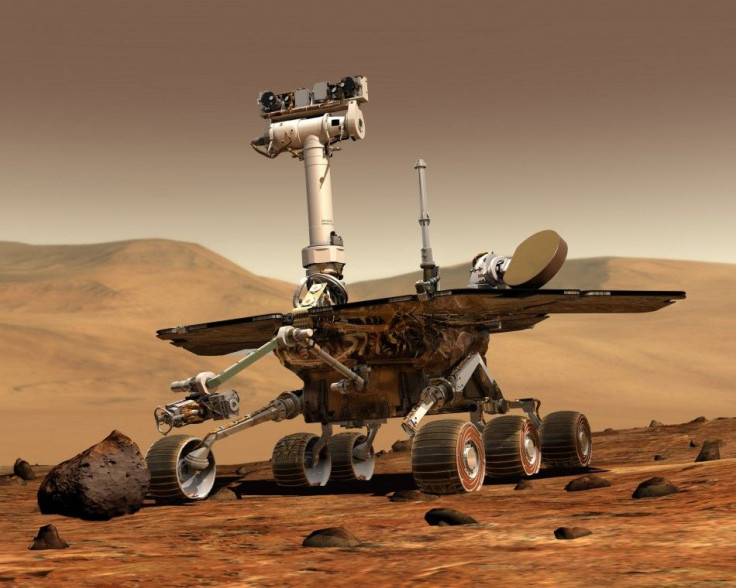Space X Seeks to Colonize Mars, Other Planets

The founder of Space Exploration Technologies Corp. (SpaceX) would like to see humans set up a colony on Mars in the next few decades.
Billioanire Elon Musk told a conference at the American Institute of Aeronautics and Astronautics in San Diego on Monday that it’s high time that earth begins to develop craft for interplanetary travel.
"Ultimately, the thing that is super important in the grand scale of history is, are we on a path to becoming a multi-planet species or not?" Musk said, according to PC Magazine.
"If we're not, that's not a very bright future. We'll just be hanging out on Earth until some eventual calamity claims us."
However, he conceded that such an extraordinary undertaking will not come easy, citing among other things, that a space vehicle capable of flying to Mars would have to carry "50 metric tons in a fully reusable manner."
His company SpaceX currently has a Falcon Heavy rocket that is able to carry between 12 and 15 metric tons.
The Falcon Heavy reportedly can generate 140,000 pounds of thrust at sea level.
Separately, Space X and NASA recently announced that they will collaborate on an unmanned project called Red Dragon that will determine if life ever existed on Mars. At a cost of $400-million, the Dragon could launch in 2018.
In November, NASA plans to send its newest rover, Curiosity, into space, ultimately reaching Mars late next summer.
"Mars is firmly in our sights," NASA Administrator Charles Bolden said last month.
"Curiosity not only will return a wealth of important science data, but it will serve as a precursor mission for human exploration to the Red Planet."
© Copyright IBTimes 2025. All rights reserved.





















